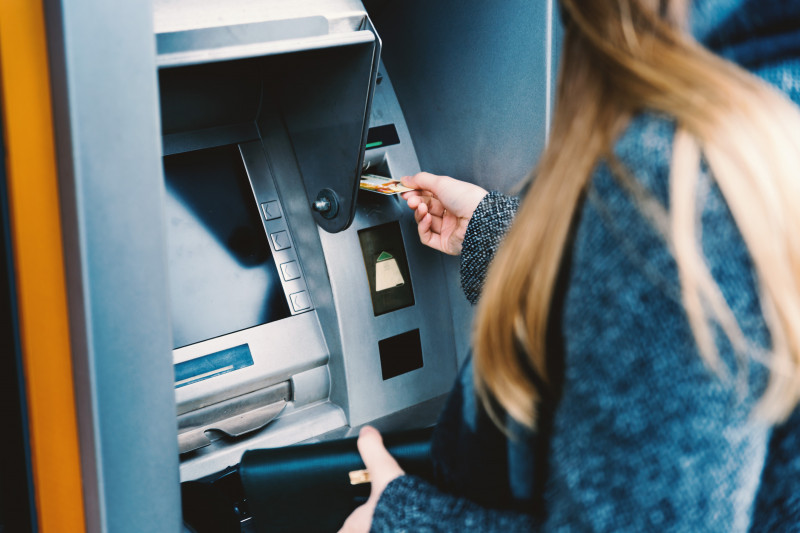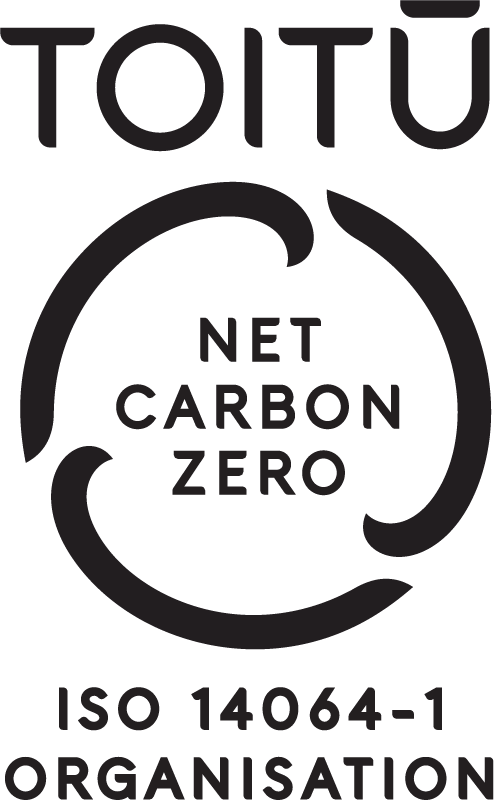
Why Doing The Right Thing Is Good For Your Bank Balance: A Beginner’s Guide To Responsible Investing
1 November 2019If you asked a hundred Kiwis on the street what responsible investing means I bet you would get a hundred different answers. That’s because we all have our own moral compass on what we think is good or bad when it comes to the environment, social impacts and the way companies behave.
The other problem we have are the many and varied terms that you hear bandied around by the media, fund managers and advocates promoting their approach to these areas of investment. The main ones I hear constantly are Green, Socially Responsible, Environmental, Ethical, ECO, Sustainable Investing and, a more recent term, Greenwashing. No wonder many would-be investors get a headache trying to understand what it all means.
Responsible investing is not a new concept, but it’s only more recently that it has grown in public awareness. It was in August 2016, when the New Zealand Herald ran a series of articles about KiwiSaver providers, that the lid was well and truly blown off the topic and it was shot front and centre into the public eye. Through some extensive investigations it was revealed that a large number of KiwiSaver providers were investing in cluster bombs and other banned industries, breaking strict international laws and creating an incredible outcry among the public and the government of the day.
This led to changes in legislation, ensuring people had greater transparency on where their money was invested, along with the exclusions that fund managers apply regarding specific industries. Each manager has a list that they now have to publish and it can vary from one fund manager to another.
At Mint the exclusions we apply across all our funds are the production and manufacturing of:
- Tobacco
- Armaments
- Uranium and
- Pornography
Things you would expect we would never want to invest in right, without even having to ask. This list is always being reviewed and over time this will continue to evolve.
It’s from here though that things get a little hazy and really challenging for investors of all levels when deciding what are the good, the bad, and the ugly industries they would have discomfort investing their own money in. The key is deciding where you draw the line about what a company does and the impact that it might have in the areas you consider unsavoury.
Do you, for example, not invest in computer companies because some of their components might end up in munitions that can cause death and destruction? Or avoid a brand like Rolls Royce because they not only make engines for cars and planes but also instruments for nuclear plants? I’m afraid that there is no clear answer to this unless you identify a specific fund that mirrors exactly what you want to invest in and what you don’t.
So let’s dig a little deeper and look at how Mint applies responsible investing across our investment funds. It highlights our rationale, which includes providing a better overall return for our investors.
We believe that Environmental, Social, and Governance (ESG) are critical to the returns we strive to achieve for our clients. We apply a three-step process:
- Exclusions (the four we have already covered)
- Controversies: we identify companies involved in incidents that may impact stakeholders, the environment or the company’s operations
- And positive screening, which takes into account ESG factors. We apply a scorecard on those factors that will ultimately contribute to our final conviction on whether this is a company we wish to invest in.
To prove that we are not just talking the talk, but also walking the walk, we are a signatory to the United Nations – Supported Principles for Responsible Investing (UNPRI) and have been awarded a top rating of A+/A for 2019. This requires an annual audit and is becoming more rigorous each year.
Simply put, we believe companies that take a proactive approach to ESG principles and apply them to their business are likely to be more sustainable and profitable than those that don’t in the long term. Kind of makes sense doesn’t it? Check out our SRI Policy for more information in regards to Responsible Investing.
Let’s finish with what Greenwashing means. This isn’t about putting a load in the washing machine and finding that your new green towel has given all your other clothes a dubious green tinge. It’s about the practice of making unsubstantiated or misleading claims about the environmental benefits of a product, service, technology or company practice. A classic example of this came earlier this year, when American multinational ExxonMobil indicated they were reducing greenhouse gas emissions when in fact they were actually rising.
The increase in transparency and public awareness will, we believe, firmly change companies’ behaviour because if they don’t improve, then investors like us will vote with our feet. This is an important difference with our approach as an active manager. We can sell down our holdings in companies where we have lost conviction. No matter how much noise passive managers make about their responsible investing credentials, they are committed to owning the companies in the index they have chosen to mirror. Any change to the constituents of an index is made by the index provider, not the fund manager. This means passive managers are at the mercy of the index provider around their view and timelines based on all their investors expectations.
If you can’t understand other providers’ approach to responsible investing, then ask them to explain and if you still don’t understand, then find a provider who can.
One thing I know for sure, investors are thinking about this more, as are governments, regulators, and fund managers, which is leading to better corporate outcomes. It proves that the power of the people can change company behaviour, which has to be a great thing, not just for the current generation of investors, but future ones as well.


